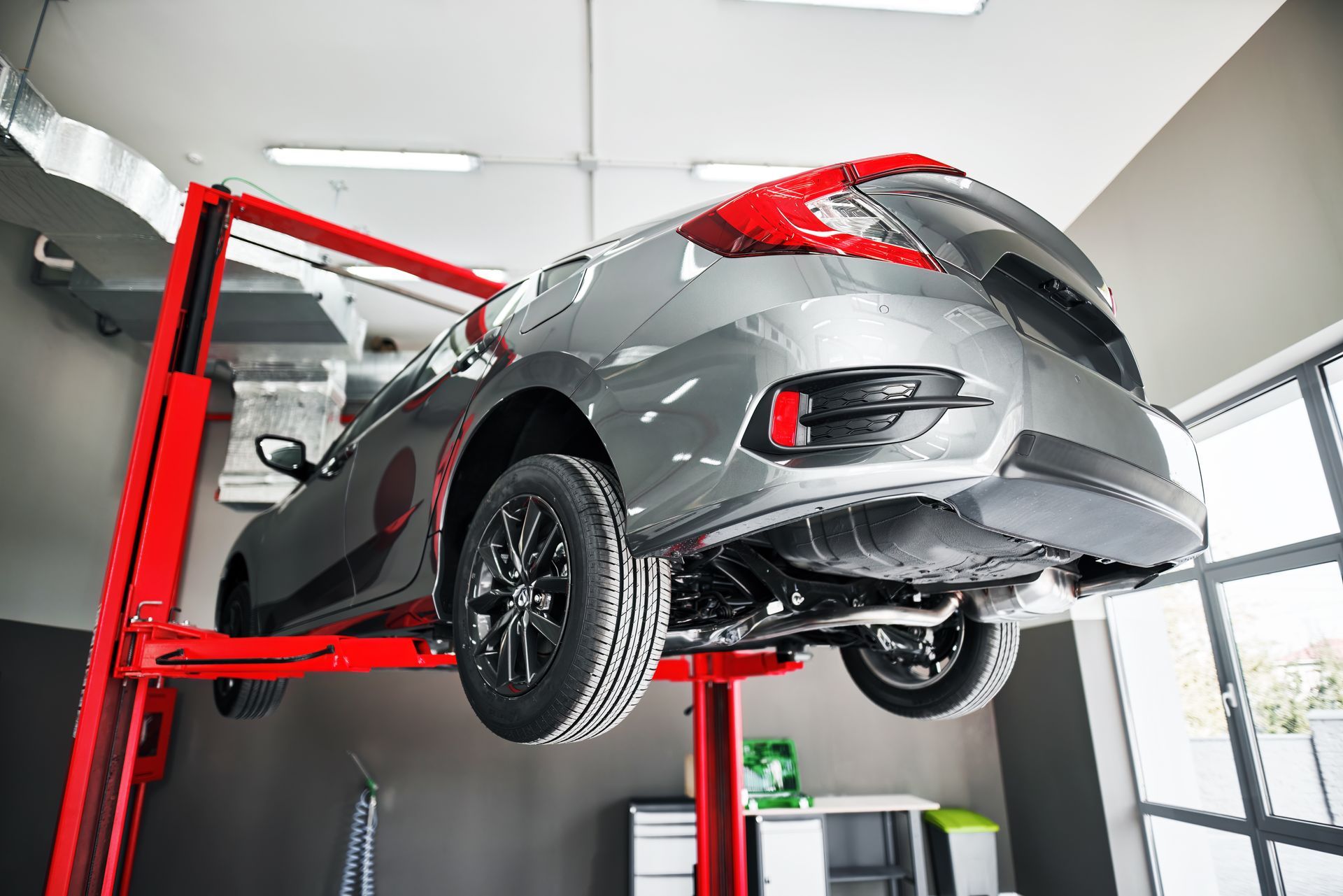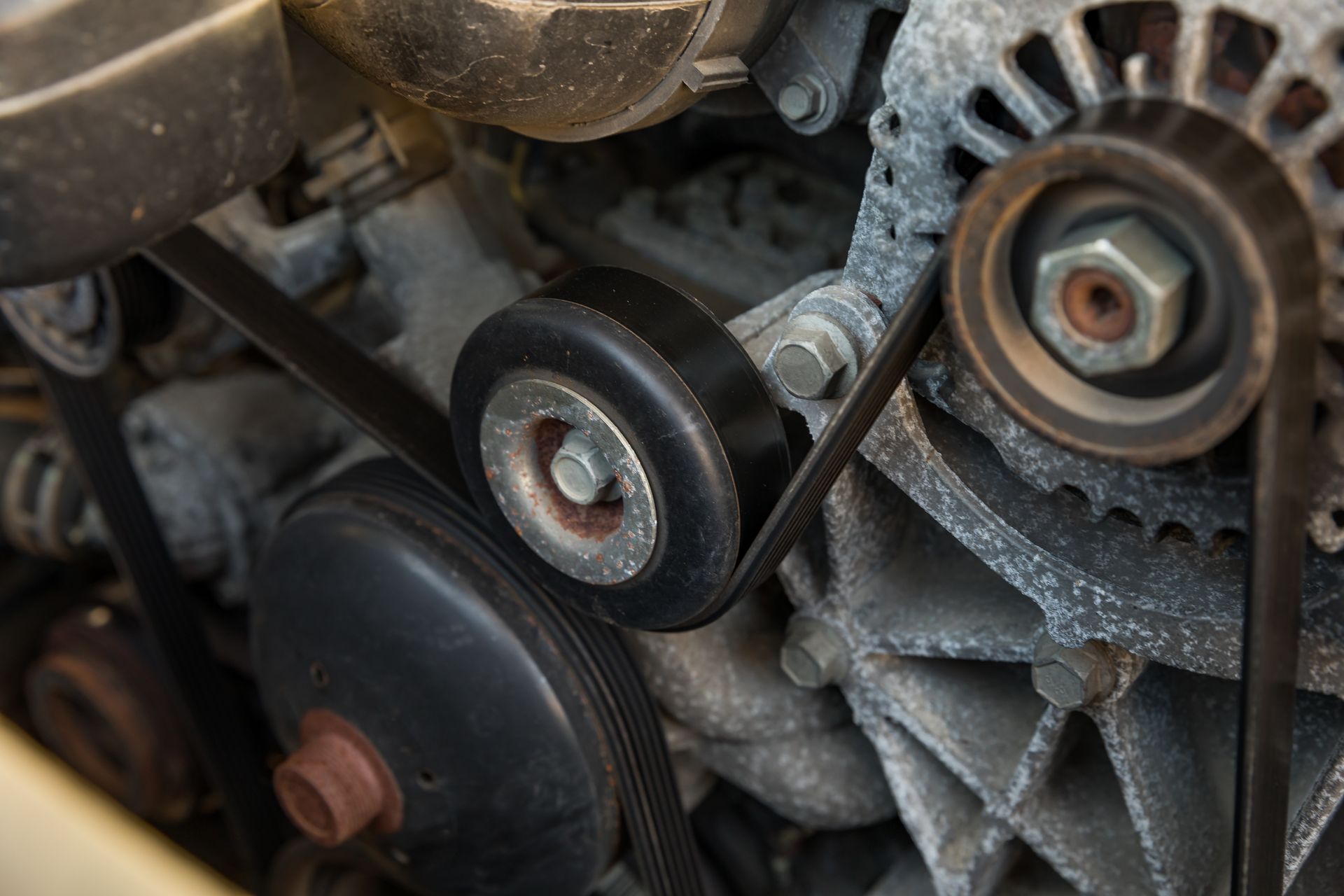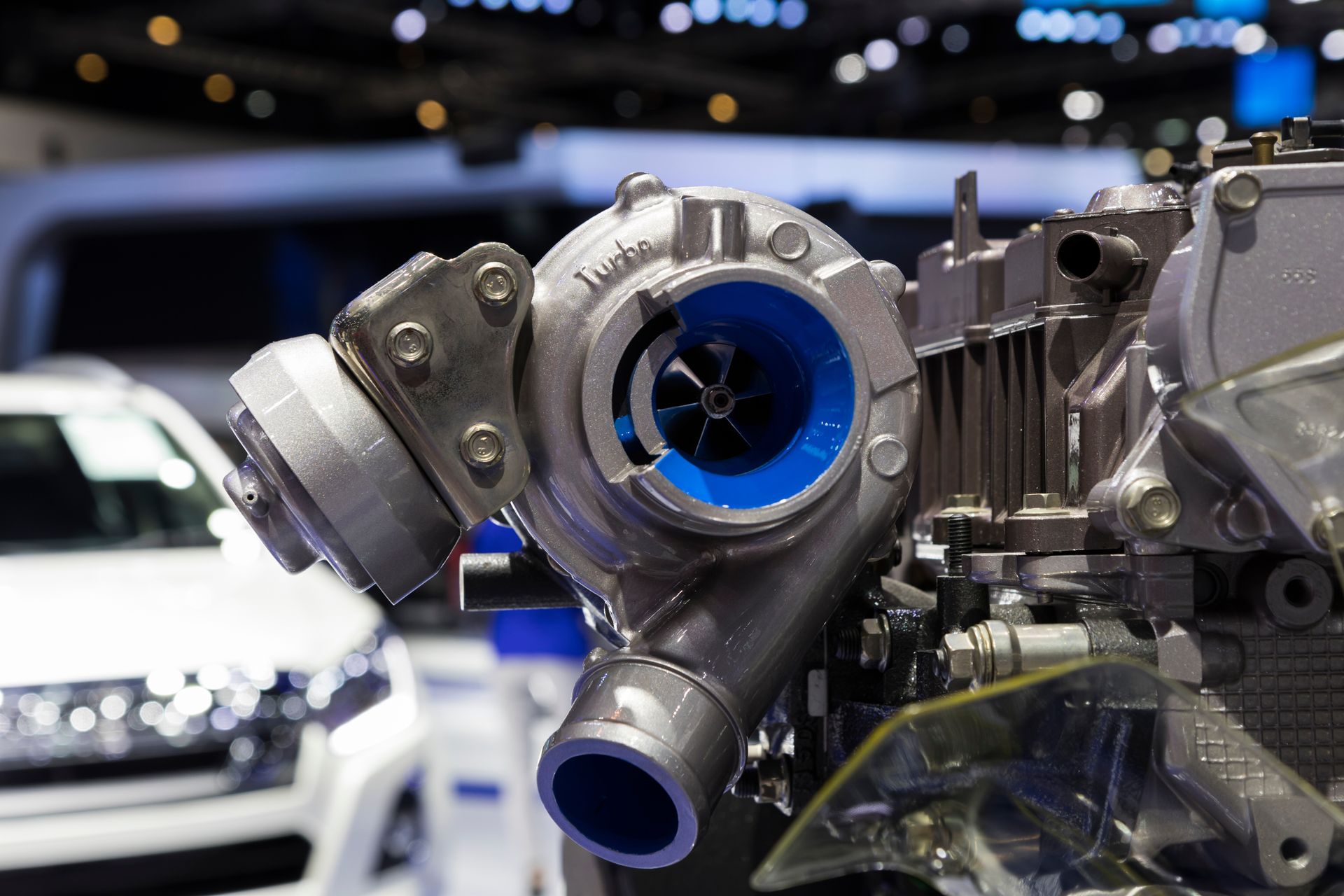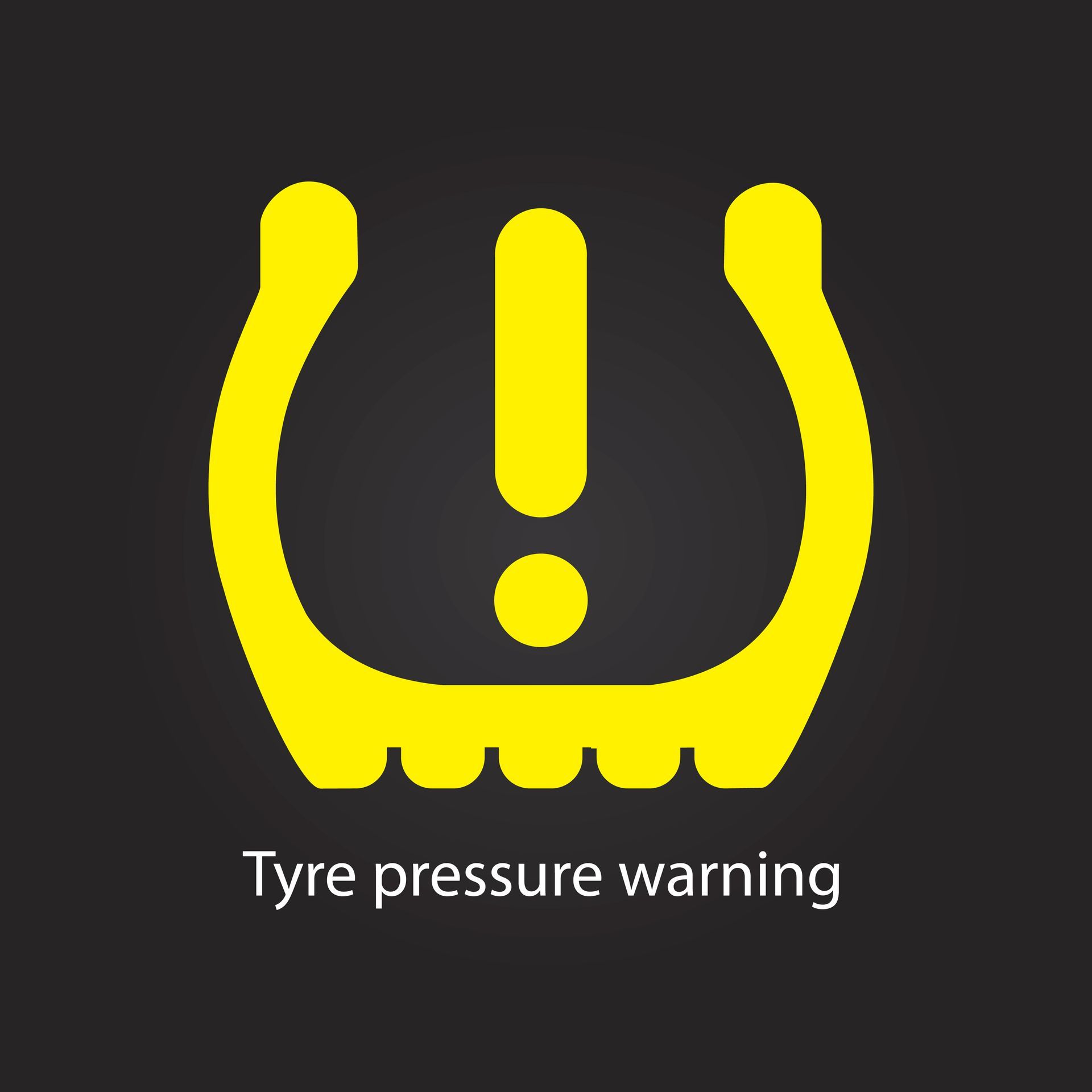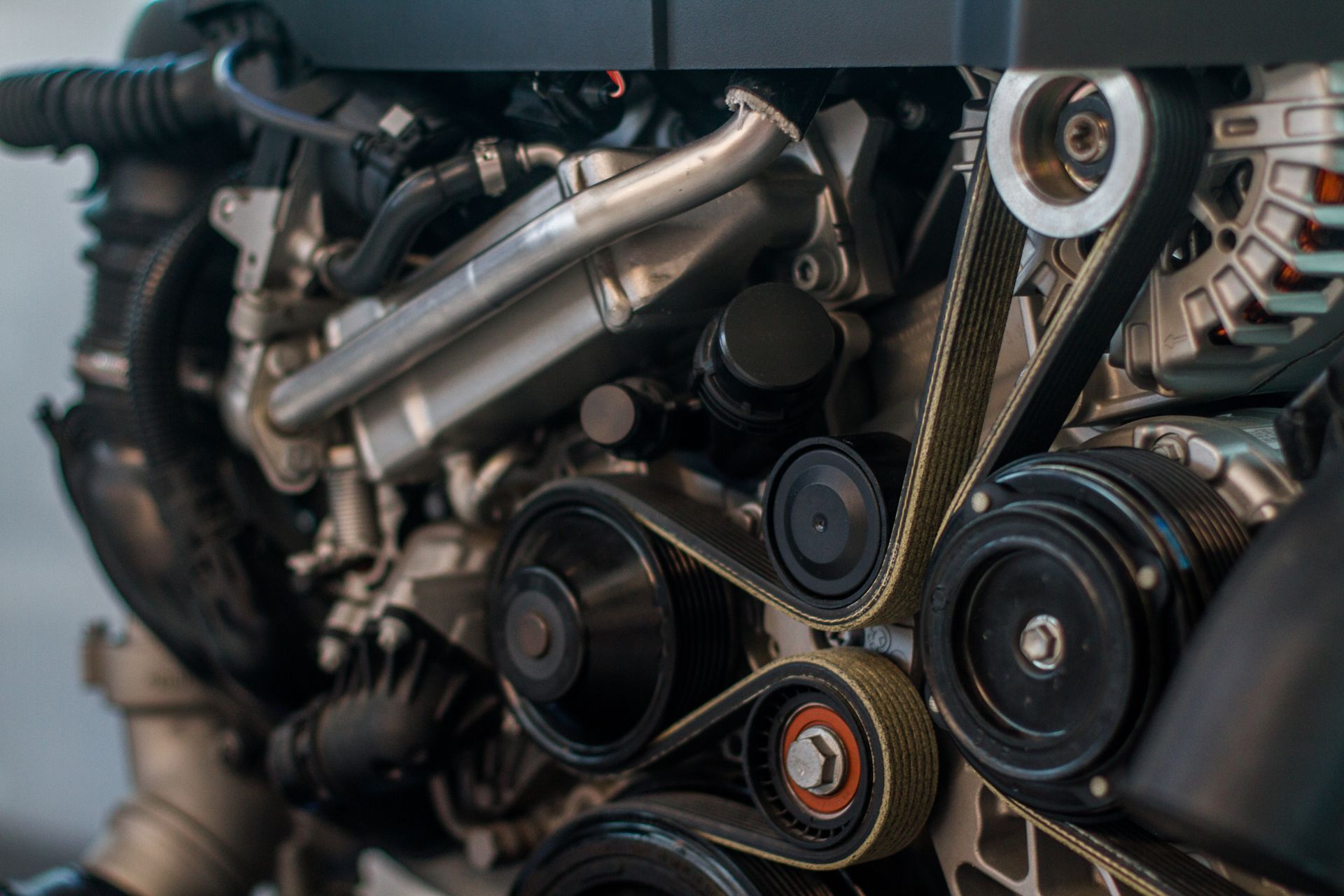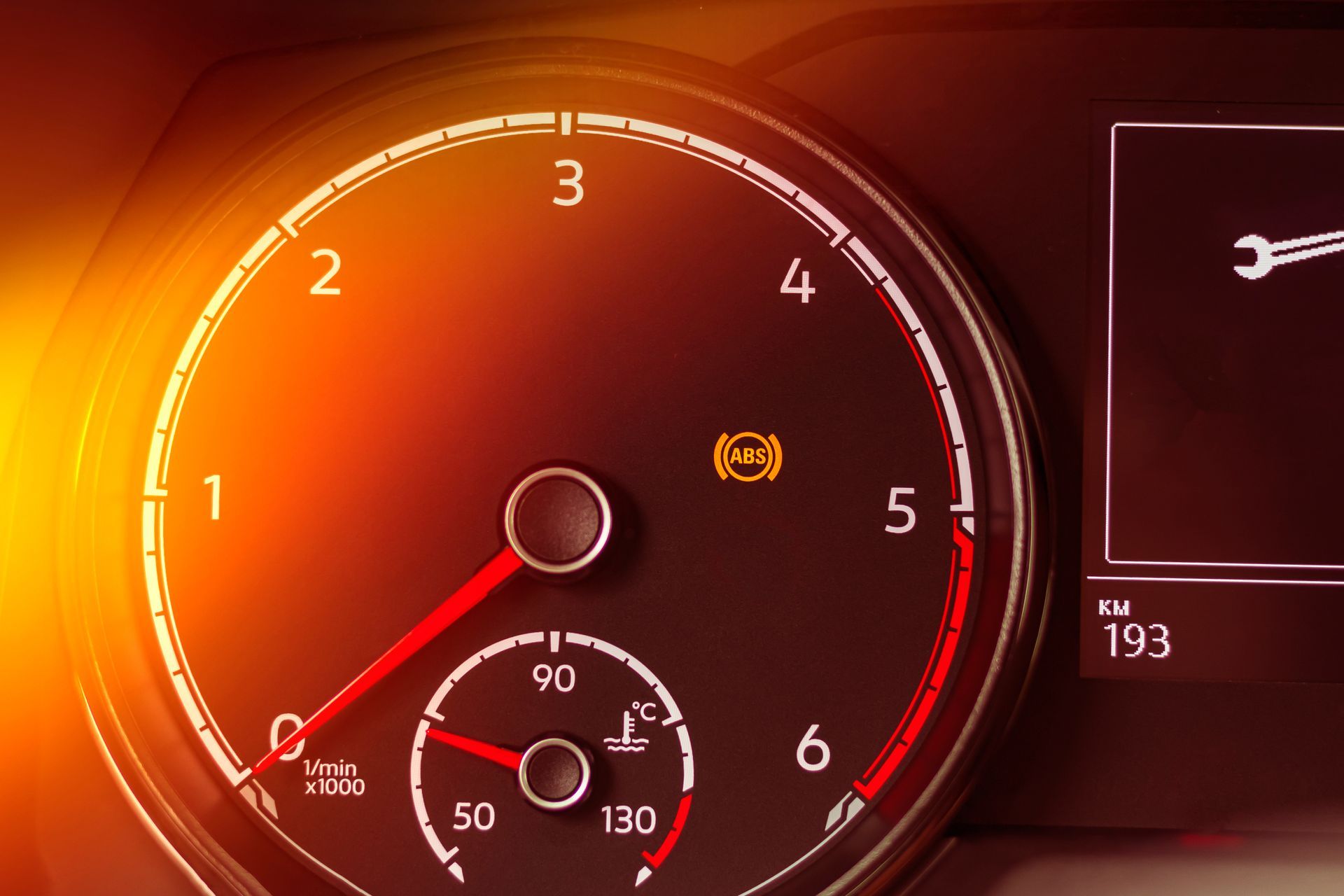Have you noticed your Volkswagen’s oil level dropping faster than expected? Unfortunately, this is a common issue. Many VW owners experience the need to top off oil between regular changes, sometimes even well before hitting the usual service interval. While a little oil loss can be normal in some vehicles, frequent top-offs or a burning smell should not be ignored.
Understanding why your VW is using more oil than usual can help prevent engine damage and keep your vehicle running smoothly in Tampa’s daily traffic and heat. Let’s take a closer look at what might be causing it and what you should do about it.
A Common Concern With Certain VW Models
Some Volkswagen engines are more prone to oil consumption than others. Many models equipped with 2.0T TSI engines, especially those from earlier production years, have been reported to burn oil at a higher-than-average rate. In some cases, this is related to piston ring design or PCV system flaws that allow oil to enter the combustion chamber.
Even if your VW is newer, burning oil can still happen if maintenance has been skipped or the engine is under extra stress. Regardless of the model or year, a consistent drop in oil level between changes is worth investigating.
Symptoms of Burning Oil
One of the clearest signs of burning oil is needing to add a quart or more between oil changes. Other common signs include:
- Blue smoke from the exhaust, especially during startup
- A noticeable burning oil smell after driving
- Lower-than-normal oil readings on the dipstick
- Increased engine noise or ticking sounds
These symptoms may be subtle at first, but can quickly escalate if the problem is ignored. Over time, excessive oil consumption can foul spark plugs, clog catalytic converters, and reduce engine performance.
Common Causes of Oil Burning in VWs
Several factors can lead to oil consumption issues in a VW. Some are minor and easy to fix, while others may require more in-depth repairs.
Worn Valve Seals
These small rubber components keep oil from seeping into the combustion chamber. Over time, they can harden or crack, especially in hotter climates like Tampa’s.
Damaged Piston Rings
If the rings that seal your pistons lose tension or wear down, oil can slip into the combustion chamber and burn off during engine operation. This is a more serious issue that often requires internal engine repair.
Malfunctioning PCV Valve
The Positive Crankcase Ventilation (PCV) system regulates pressure inside the engine. A faulty PCV valve can cause excess oil to be drawn into the intake, increasing oil burn.
Turbocharger Wear
On turbocharged VW engines, worn turbo seals can leak oil into the intake or exhaust, where it burns off during operation.
Incorrect Oil Type
Using the wrong viscosity or a low-quality oil can increase burn-off, especially in high-performance engines. Always follow VW’s recommended oil specs.
Should You Be Concerned
Some oil loss between changes can be considered normal, especially for higher mileage vehicles. However, needing to add oil every few weeks or noticing clear symptoms of burning means it’s time to take action.
Ignoring the problem can lead to serious engine damage, including overheating, premature wear, or even total engine failure. It’s always better to find the cause early than deal with a costly repair down the road.
What to Do Next
The first step is to monitor how much oil your VW is using between changes. Keep track of how often you’re adding oil and how low the level drops. Share this information with your mechanic, and this will help us pinpoint the severity and likely cause.
A professional inspection typically includes a check of the PCV system, valve seals, piston compression, and turbo components if applicable. Based on the findings, your technician may recommend anything from replacing a simple valve to addressing more serious internal engine issues.
Keep Your Engine Healthy at DAS Auto Werks in Tampa, FL
If your Volkswagen is using oil faster than it should, don’t wait for the issue to get worse. At DAS Auto Werks in Tampa, FL, we specialize in VW diagnostics and repairs. Whether it’s a leaky seal, a worn turbo, or something deeper inside the engine, we’ll identify the root cause and offer solutions that fit your needs and budget.
Schedule your inspection today and keep your VW running at its best through every Florida mile.

